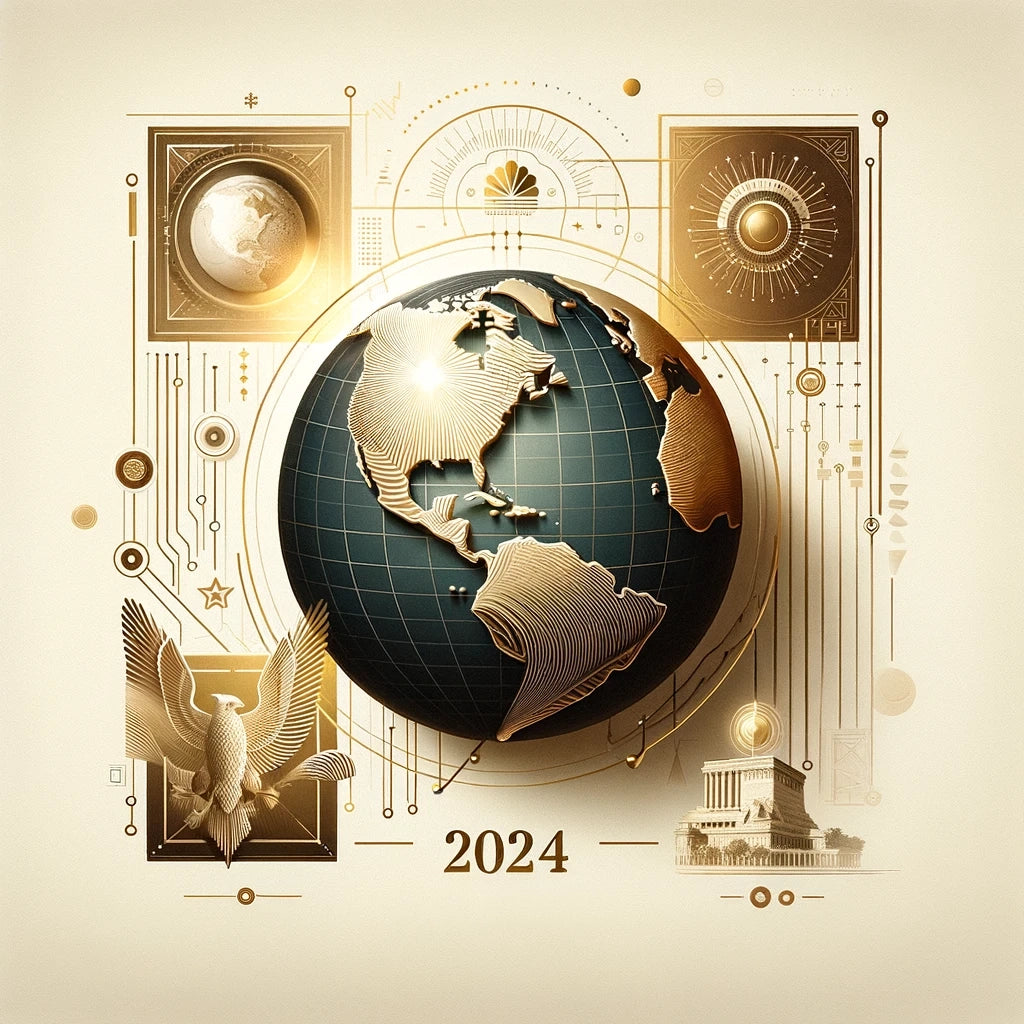2024 A Pivotal Year Ahead
In 2024, the global political landscape is set to experience a seismic shift, with an estimated 76 countries poised to conduct elections. This unprecedented wave of democracy in action will see citizens from some of the planet’s most populous nations, including Bangladesh, Brazil, India, Indonesia, Mexico, Pakistan, and the United States, casting their votes. The sheer volume of these elections, coupled with their geographic and demographic diversity, sets the stage for a year that could redefine political, economic, and social paradigms both locally and internationally.The Domestic Arena: A Crucible of Change
At the heart of each election lies a complex web of domestic issues, concerns, and aspirations. Voters will be influenced by a range of factors, from economic performance and public service delivery to social justice and environmental policies. However, the common thread running through these elections will likely be the intensified political polarization. The trend towards divisive and highly partisan election campaigns, seen in recent years, is expected to solidify, turning political discourse more contentious.This polarization has tangible consequences. It risks deepening societal divides, exacerbating tensions, and potentially inciting violence, particularly against vulnerable and minority groups. The focus on campaigning over governance may also lead to delays in critical policy implementations, with political leaders more concerned with securing votes than with addressing pressing issues.
Beyond Borders: The International Ripple Effect
While the immediate impacts of these elections will be felt domestically, their repercussions will undoubtedly resonate on the global stage. The collective outcomes have the potential to alter geopolitical dynamics, influence international alliances, and reshape global trade patterns. Elections in major economies like India, Brazil, and the United States, in particular, could significantly affect global economic stability and diplomatic relations.Public opinion, increasingly shaped by nationalistic and populist sentiments, is likely to influence foreign policy decisions of the elected governments. This could lead to shifts in stance on international agreements, participation in multilateral organizations, and approaches to conflict resolution and cooperation on global challenges such as climate change, cyber security, and pandemics.
Navigating the Future: The Role of Global Citizens
The global community stands at a crossroads, with 2024 offering a unique opportunity for reflection and choice. The upcoming elections present a chance to reaffirm commitments to democratic principles, human rights, and international cooperation. For voters in the participating countries, the importance of informed and engaged citizenship cannot be overstated. Their decisions will not only shape their national futures but also contribute to the global narrative of the 21st century.As the world watches and waits, the hope is that despite the challenges and divisions, these elections will underscore the resilience of democratic institutions and the enduring value of dialogue and understanding. The path chosen by voters in 2024 will undoubtedly influence the direction of global politics, economics, and societal development for years to come. In a year of choices, the world chooses not just leaders, but paths toward potential unity or further division. The stakes have never been higher.

